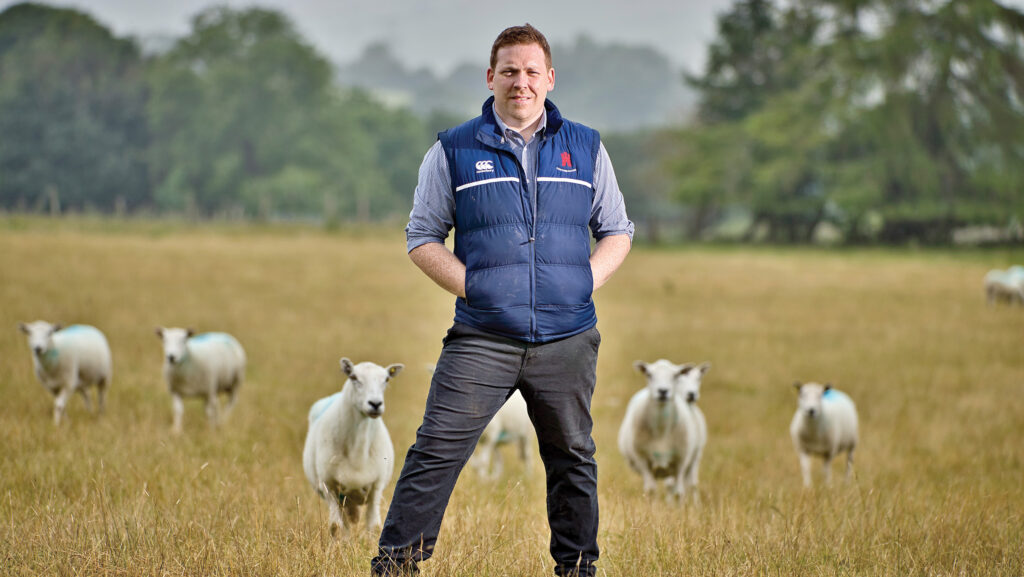Farmer Focus: Drought prompts investment in water storage
 Joe Mault © Richard Stanton
Joe Mault © Richard Stanton With the start of meteorological autumn on 1 September, I think we can say that summer is now over.
I’m hoping this is the case more than ever, with the good fortune of rain that autumn is bound to bring.
See also: Harvesting rainwater: The benefits and how to do it on your farm
We did have some rain during the meteorological changeover, but I don’t think this will scratch the surface of the damage the drought of summer has caused.
The lack of rain has dried up a number of watering points across the farm, and we have had to open up gates to allow a ranching style of grazing rather than our preferred method of rotational grazing.
This brings issues of poor utilisation of grass, which isn’t helpful when grass is already in short supply.
The dairy heifers that we rear are still growing strong considering the hot weather and have had priority of grass in the more resilient parts of the farm.
Traditionally, these areas are wetter so perform well in tough, dry summers, but are frustratingly too wet in winter.
Our arable silage has performed well, and seems to suit the drier conditions. We were pleased with the cropping, but will wait for the analysis for confirmation of a good crop.
We managed to do an early first cut of grass silage, but we are waiting for the rain to come to make it worthwhile for a second cut.
With the weather now being so frustrating, we are increasingly looking at improving our fodder levels at every opportunity and also resilience of water availability in the summer.
We have looked at creating a number of tanks across the farm to fill in winter and utilise in summer. This is looking to be a considerable investment, but hopefully worth it in the long term.
Sheep sales are around the corner, with some already taking place. There has been some anxiety about prices being inflated in Wales by the Welsh government’s self-imposed bluetongue rules.
The rules are changing constantly, and by the time you read this, I’m sure they will have changed again.
We need to move to free trading across the border as soon as possible, but it’s interesting that the warm weather (and the subsequent midges) have had a wider impact than just dried-up watering holes.

